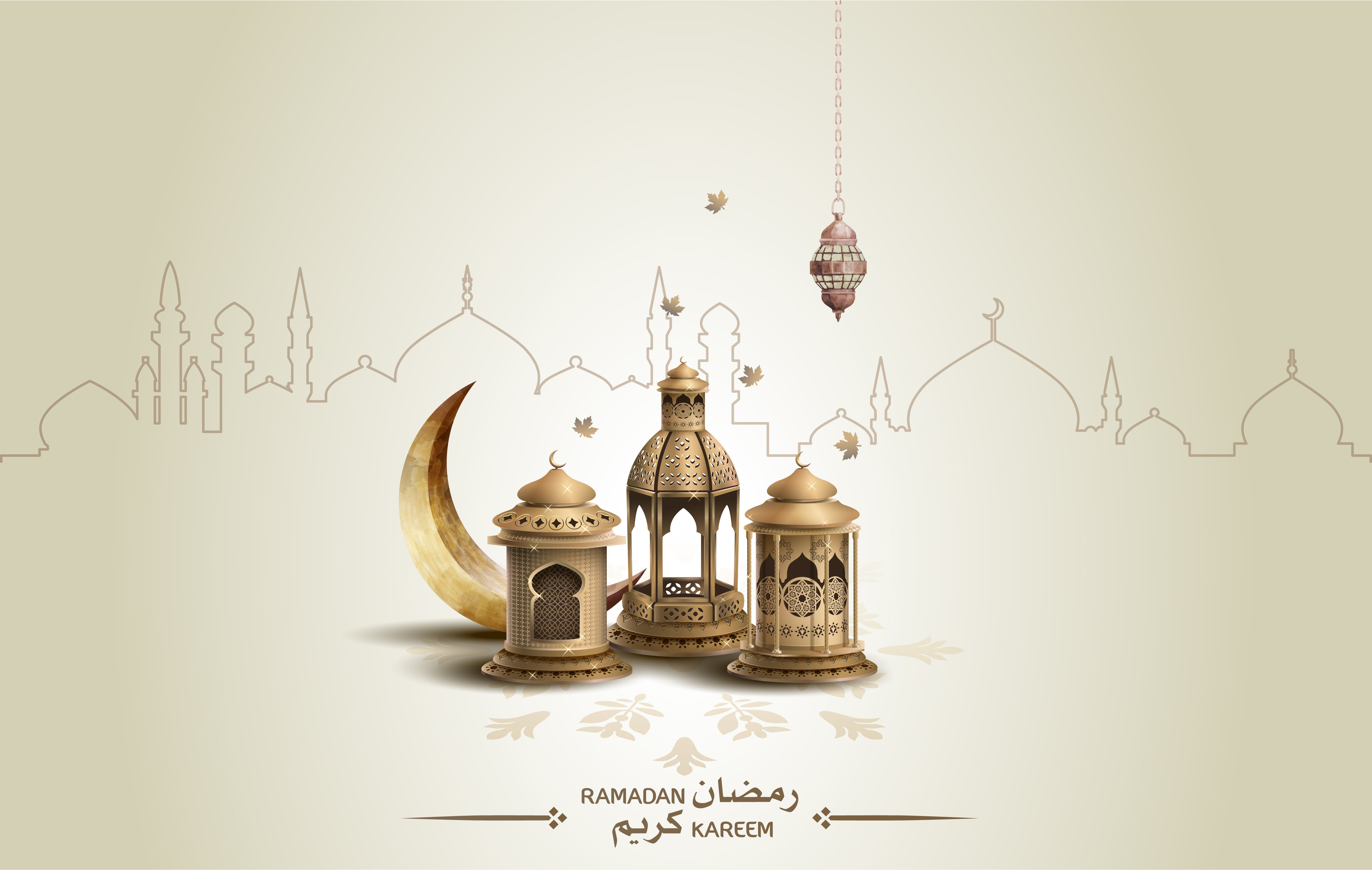By Rayan Warsama & Yara Aburaya
Ramadan is a meaningful and holy time of the year for Muslims all around the world. It is not only a month that Muslims enjoy with family and friends, but also a time to appreciate and strengthen one’s relationship with God, and show gratitude for all blessings that have been given to them by praying extra prayers, being more generous to those around them and becoming more involved with Islam.
When is Ramadan?
Ramadan falls on the ninth month of the Islamic calendar. This year, it starts on the night of the 10th March. Muslims are not certain which day Ramadan will fall on because the date changes every year, depending on the moon (for example, in 2023, Ramadan fell on the 22nd of March). Once a crescent moon is seen in the sky, Ramadan officially begins.
Why is Ramadan important for Muslims?
Ramadan is considered the holiest month in the Islamic calendar, as it is believed that during this time the first verses of the Quran (Islamic holy book) were revealed to an important prophet called Prophet Muhammad. Muslims use Ramadan as a month of spiritual reflection and self improvement, as well as a month to strengthen their devotion to God.
Why do Muslims fast in Ramadan?
Fasting is strongly encouraged in Ramadan, but is not compulsory for children under 11/12 years old, women during their menstruation period, pregnant women, the elderly or anyone sick to the point where fasting could harm them. Other than that, Muslims must fast for the whole month of Ramadan, as it is believed to teach self-control, to strengthen one’s faith, to remind Muslims of God’s blessings, to be a way of seeking forgiveness from sins, and it serves as a reminder of the less fortunate who do not have sufficient food, water or shelter (reminding Muslims to be grateful for what they have).
That is why it is also a month of ´Zakat´, meaning almsgiving. Generally, almsgiving is a very important practice in Islam and is one of the five pillars of Islam. A Muslim must do almsgiving at least once every year by donating to charity or feeding the hungry for example, but many Muslims decide to do it during the holy month of Ramadan. This is because it is believed that during this month, the good deeds that we do are intensified, and so we are rewarded more good deeds in this month than we would be during the rest of the year. It is also believed that during Ramadan, the gates of Hell are closed, and so many Muslims find it easier to do good deeds during this month, because there are no evil spirits tempting them to commit sins.
Every day during Ramadan, Muslims fast from sunrise to sunset, during which they cannot eat or drink. However, it is not only food or drink that they must avoid, but also any sinful acts. If by accident a Muslim has broken their fast, they can repay it by fasting for an extra day.
Greetings
During Ramadan, Muslims can greet each other by saying ‘Ramadan Kareem!’ or ‘Ramadan Mubarak!’ (Happy Ramadan).
